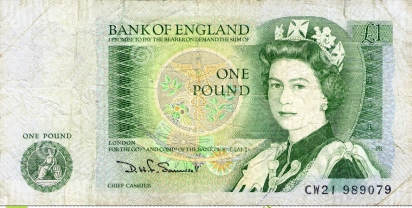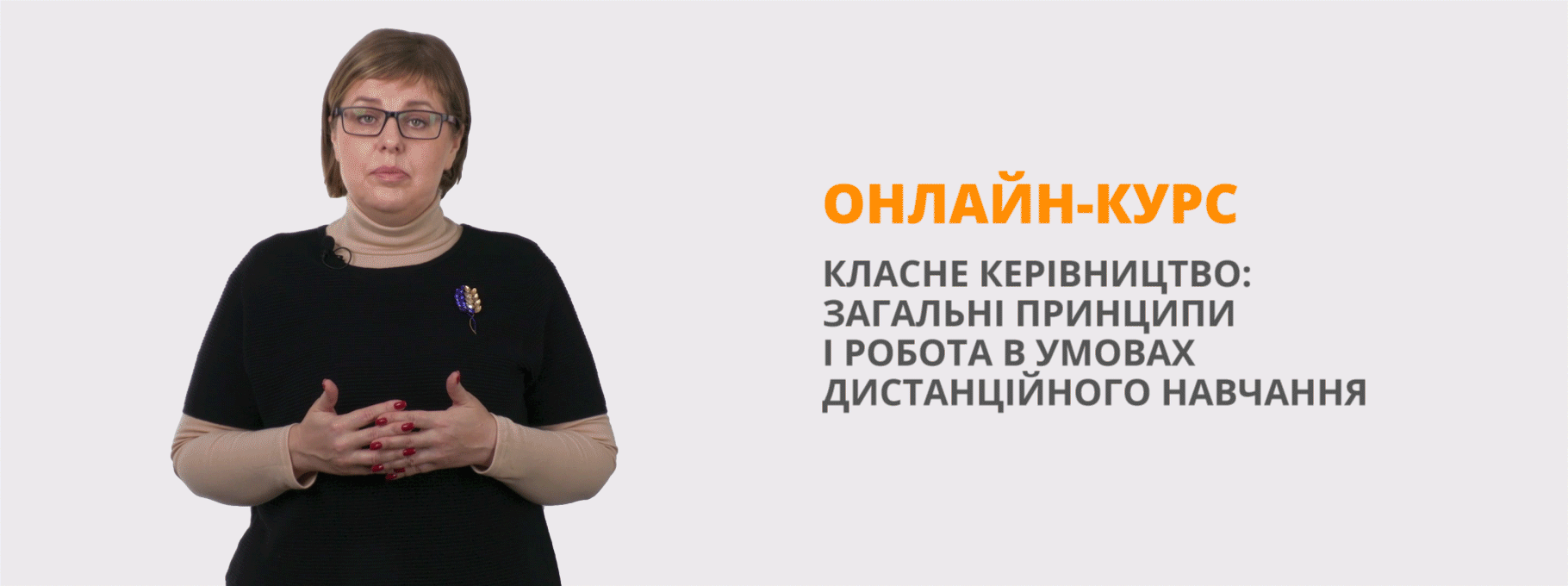Урок "Travelling" 4 клас
Тема: Подорож
Цілі: навчальні: удосконалювати навички усного мовлення, поглиблювати і закріплювати знання про різні види подорожування, їхні переваги та недоліки, навчати учнів вести діалог за ситуацією «Купування квитків»
розвивальна: розвивати аналітичне мислення, уміння висловлювати власну думку і переконання;
Виховна: виховувати позитивне ставлення до подорожування, зацікавленість до пізнання світу, почуття дружби та взаємоповаги.
Обладнання: карта світу, тематичні картинки, картки із завданнями, відеозапис діалогів,
картинки визначних місць
Тип уроку: урок розвитку навичок говоріння
ХІД УРОКУ
- INTRODUCTION
Greeting
T: -Good morning, children and guests.
P-s: -Good morning.
T:- Nice to see you.
P-s: - Nice to see you too.
T: - How are you?
P-s: - We are fine. Thank you. And how are you?
T: - I’m fine. Thank you. Take your seats, please.
Introducing the topic and aim
T: Let’s begin our lesson. Children, watch the advertisement and try to guess the theme of today’s lesson. Pay attention to the words on the screen.
P-s: It is travelling.
T:-You are right. Today at the lesson we’ll speak about travelling and means of transportation. I hope you will help each other as real friends because you will work in two groups – Smart Boys and Clever Girls. But before we start working I want you to look at our plan and see what we have to do today. So, by the end of the lesson you’ll be able to:
- speak about travelling and means of transport
-listen and understand information from the dialogues
- make up your own dialogues .
-learn to book tickets
Pronunciation drill. And now let’s recite our favourite poem about travelling and practice the sounds [ou] and [ei].
P-s: We go by car and we go by train.
We go by boat and we go by plane.
We go by land and sea, and air,
We go, go, go, from here to there.
WARM UP
T: Modern life is impossible without travelling.
Why do people travel?
P-s: They travel
for pleasure
on business
to learn new things
to study geography
to meet new people
to see different countries
for change
T: That’s why the motto of our lesson is “He that travels knows much”
T: How do they travel? (the pictures on the blackboard will help you). You can use pictures in your book p.142
P-s: They travel by bus (by car, by tram, by plane)
- THE MAIN PART OF THE LESSON
T: Do you know that good beginning makes a good ending? So, when we are going to travel we should prepare for the trip and know the rules. You will work in groups. Your task is to divide the phrases into 2 columns. Think, discuss and decide what we should do and what should not do while travelling.
|
We should |
We shouldn’t |
|
|
|
1.Be careful
2. Choose the transport
3. Speak to the driver
4. Ask the policeman for help if you are lost
5. Book tickets
6. Pack the luggage
7. learn poems by heart
8. know English
9. Listen to loud music
10. Put our arms outside the window
T: When we travel we see a lot of symbols and signs at the railway stations or at the airports. We should know what they mean. Your task is to match the symbols and their meanings.
1.![]() a. Information
a. Information
2. ![]() b. Toilets
b. Toilets
3. ![]() c.Telephone
c.Telephone
4.![]() e. Departures
e. Departures
5.![]() f. Arrivals
f. Arrivals
6. ![]() g. Passport Control
g. Passport Control
7.![]() h. Custom Control
h. Custom Control
8.![]() i. Taxis
i. Taxis
9.![]() j. Money Changer
j. Money Changer
10.![]() k. Restaurant
k. Restaurant
Presentation “The most popular sights of the world”
T: Do you know what are the most popular places to go sightseeing? Let us see!
What country is it? Can you find the country in the map?
Speaking. Which means of transport would you choose ? Why ? You can see 4 cards with different means of transport. Choose one of them and explain your choice.
Song. “The Wheels on the bus”
Listening. Pre-listening activity
Read the words and translate them into Ukrainian:
Single, pounds, platform, a round trip ticket, a one-way ticket, to leave, a car number, a seat number
Dialogue 1
Post-listening activity. T: Put the phrases into the correct order according to the dialogue and read it in a pair
|
P: -Hello! A single to Manchester , please.
|
|
O: - Single to Manchester. That’s twenty-one pounds.
|
|
P: -Thanks. What time is the next train?
|
|
O:-At half past ten.
|
|
P:- And which platform is it?
|
|
O:- Platform three.
|
|
P: - Thanks.
|
|
O:- Goodbye.
|
Dialogue 2
Post-listening activity. 1. Do the test. Complete the sentences with the correct words.
- A passenger would like to buy a ticket to…
- Manchester c) Chicago
- She wants to book a….
- A one –way ticket b)a round trip ticket
- The passenger leaves on ….
- Sunday b) Monday
- The woman pays with…
- Cash b) her credit card
- The woman is going to travel by….
- plane b) train
Why do you think so?
2. Make up your own dialogue using the table
|
City |
Platform |
Time |
Fare (single) |
|
London |
5 |
2.30 |
10 pounds |
|
Paris |
2 |
11.20 |
7 pounds |
|
Liverpool |
7 |
3.15 |
14 pounds |
|
Kyiv |
6 |
7.15 |
4 pounds |
Presentation
When we travel we miss our home greatly. We usually tell our new friends how beautiful our native village is. We have many guests today, they have travelled from different towns and villages. Let’s tell them about our village.
T: Now I see you are ready to travel and it’s time to pack your suitcases. Decide where are you going first and choose 5 things you would like to take with you.
- THE FINAL PART OF THE LESSON
Homework
Write about your favourite means of transport, its advantages and disadvantages. Say where and when you would like to travel.
Summarizing
T: Dear children, you have coped with all the tasks very well. And I’m sure you have had good practice. So , our lesson is going to the end, I can only add that one of the most important thing you must take with you when you go on a trip is your good spirit and smile. Did you like today’s lesson? What did you like most of all? Who was the most active today? Your marks are…

Travelling
by bus


про публікацію авторської розробки
Додати розробку
